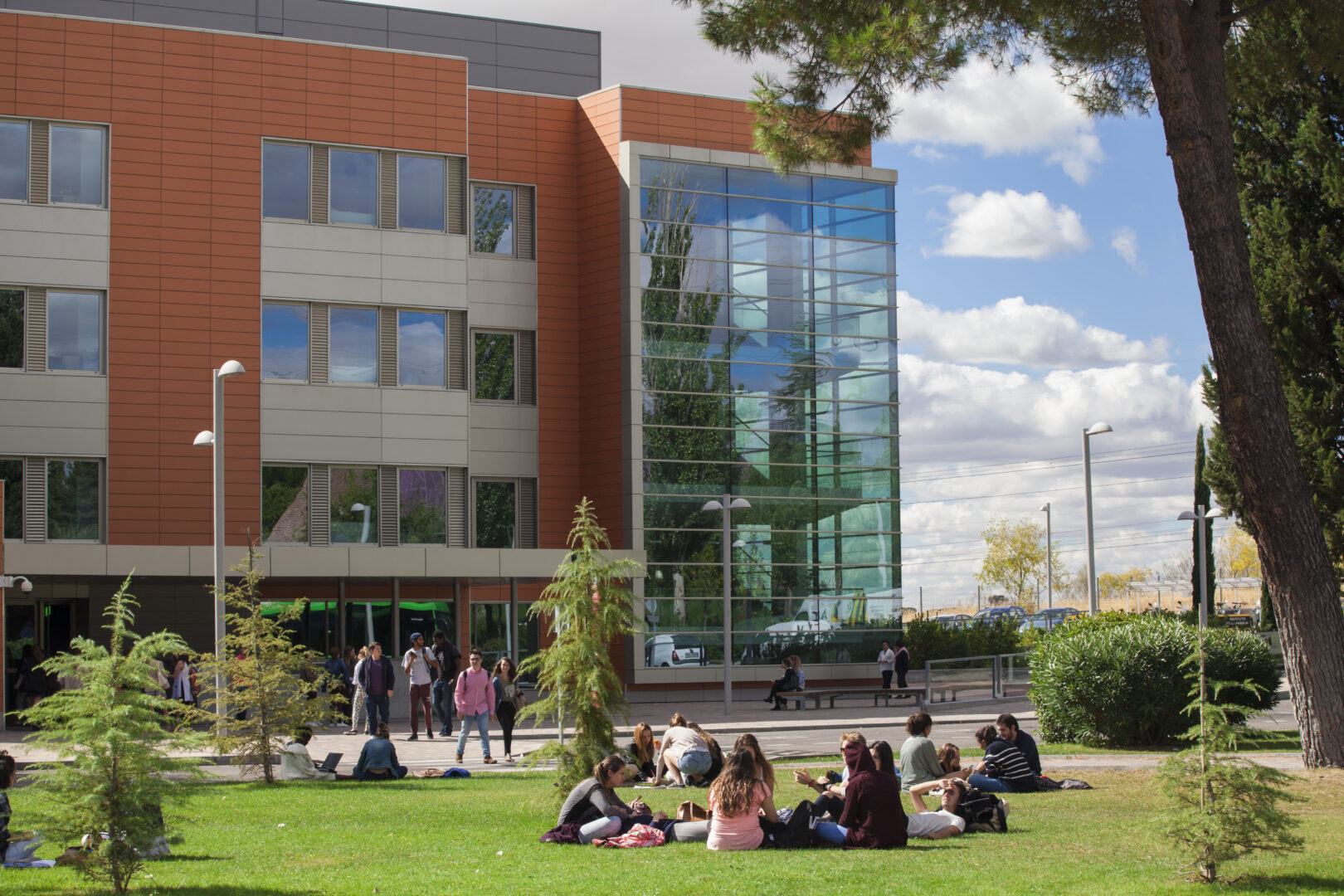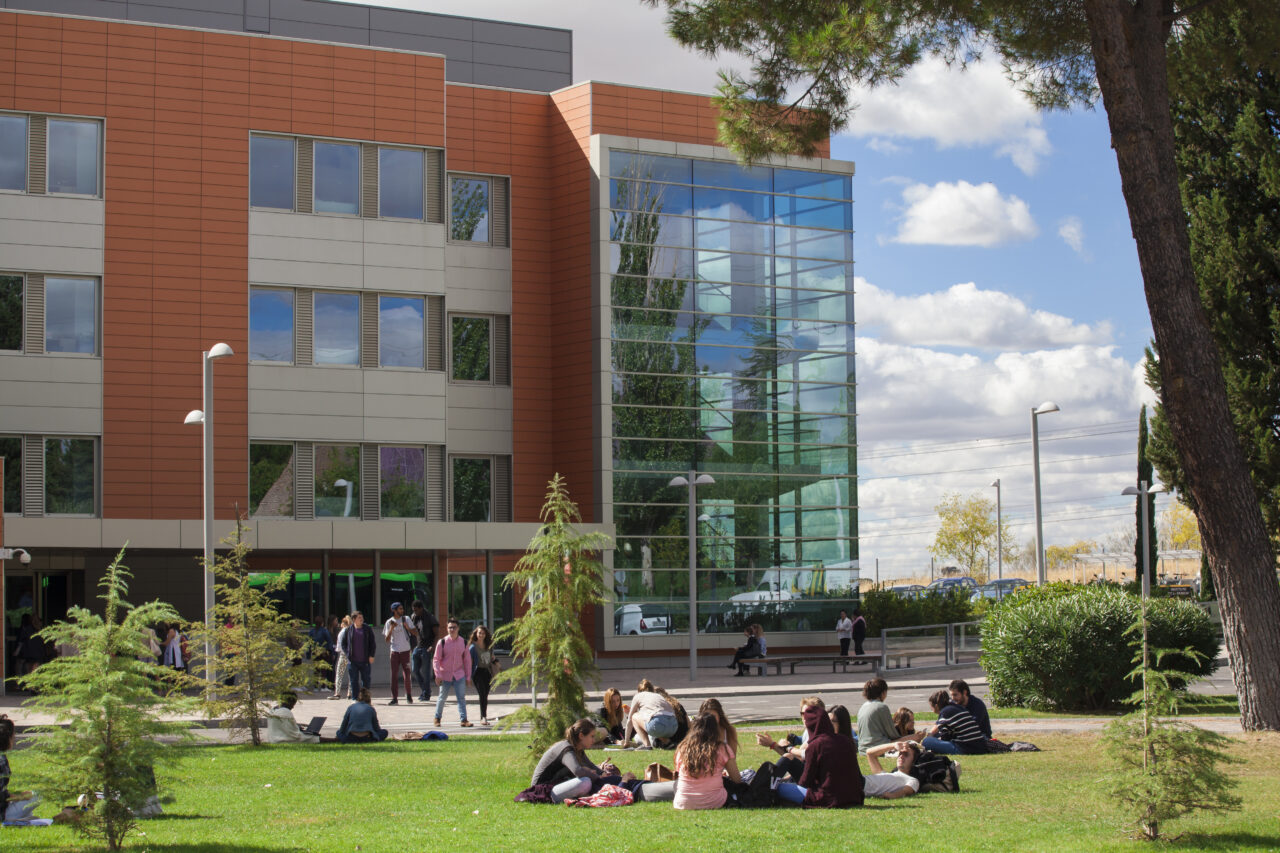Project Team
- Magdalena Custodio Espinar
- Sandrine Simon
- Leslie Amiot
- Vaclav Stacke
Project Results
Empowering Future Teachers for Inclusive Classrooms
Teachers play a key role in building fairer schools where diversity is embraced. That’s why the EUPeace alliance is fostering projects like the “Story Telling for Inclusive Education” STIE Project, that promote the development of key skills such as collaboration, digital literacy, critical thinking, and problem-solving in student teachers.
Through this EUPeace-funded project, we have tackled a major challenge: inclusive education is often limited to isolated courses in teacher training. Our goal? To make inclusivity a cross-cutting theme across the entire curriculum and a transversal competence in the academic programs of the Education degrees.
How? In the Story Telling for Inclusive Education (STIE) Project…
- Student teachers have been working together on a creative mission: writing children’s stories in English that celebrate inclusion. A powerful way to learn, share, and shape the classrooms of tomorrow.
- The task was developed virtually using digital tools and included hybrid international meetings—both online and face-to-face—at different stages. As part of the process, student teachers and their professors co-created digital stories based on the School4All Concept.
- They shared their stories and provided feedback using a checklist for peer-assessment. Spanish students gave feedback to their French and Czech counterparts; Frech students to Spanish and Czech ones; and Czeck ones to their Spanish and French student teachers resulting in an extremely rewarding international learning experience.
One of the most exciting parts of the project was seeing how student teachers brought their own cultures and values into the stories. From local traditions to everyday life experiences, each tale reflected something unique about their country. It was amazing to see how inclusion could be told through so many different cultural lenses—making the stories not only meaningful for kids at home, but also eye-opening for readers around the world. The result? A rich mix of perspectives that celebrated diversity in a truly creative way.
The outcome was a collection of eBooks on inclusivity, designed to be used in schools to promote the integration of digital, cognitive, and social skills. These eBooks that support the goals of the 2030 Agenda have contributed to the comprehensive training of future teachers in inclusive education and to the development of their intercultural competence.

